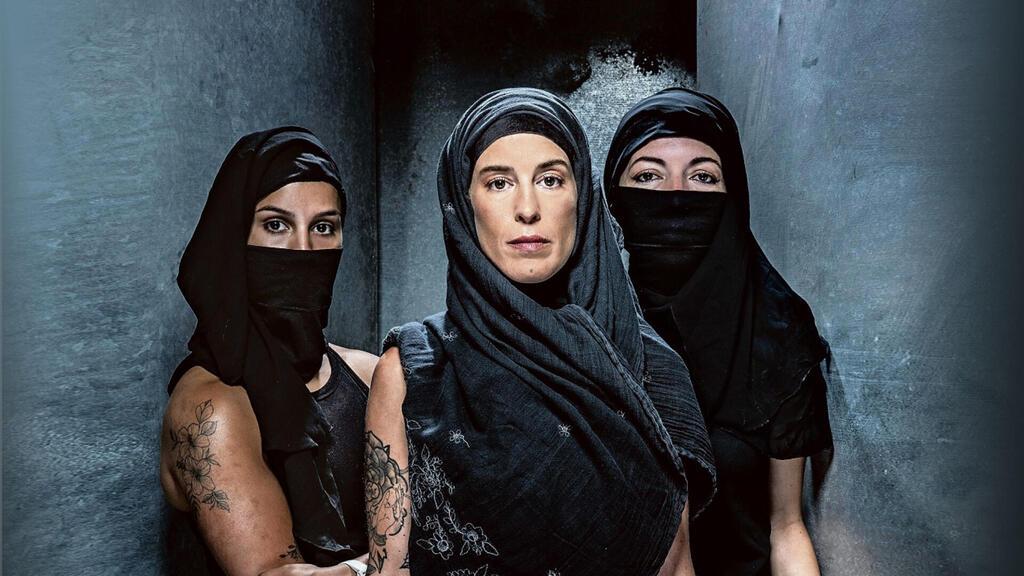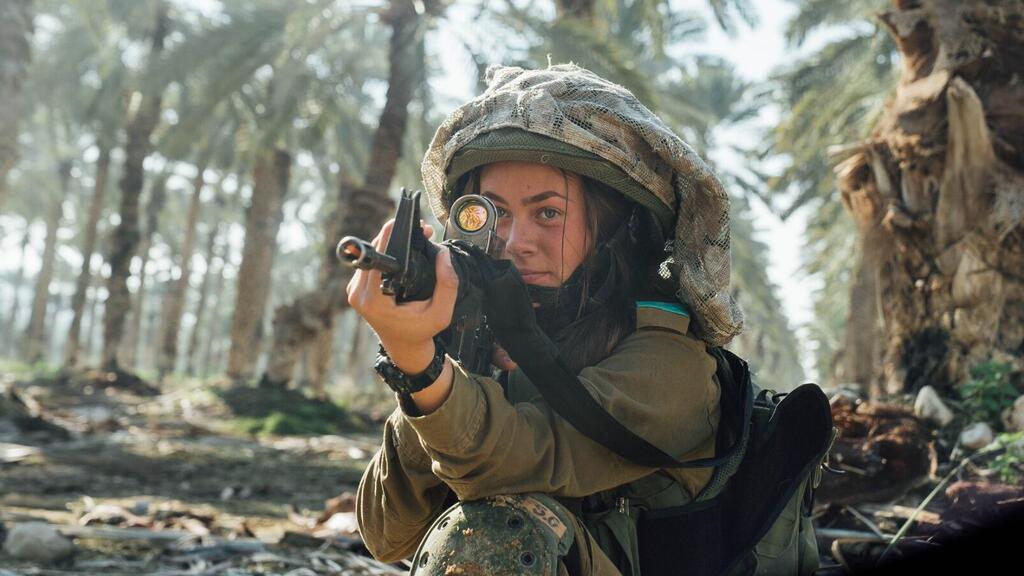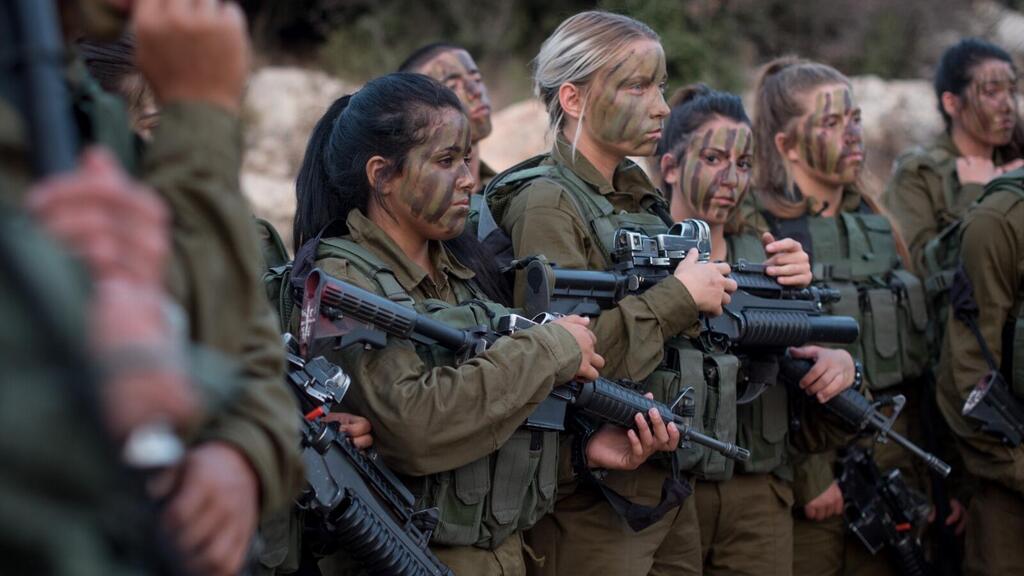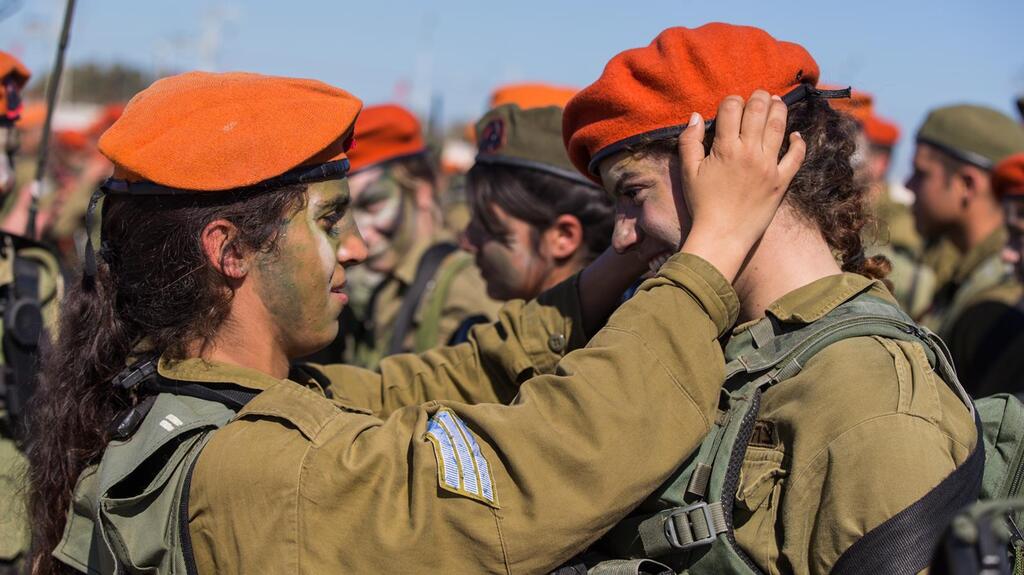Getting your Trinity Audio player ready...
Shir Peled and Senya Galigorevitch, two women who served in the Border Police’s counter-terrorism unit, have appealed to the High Court asking to take part in a case made brought forth by female IDF soldiers, asking the military to allow women into all combat roles and units.
Deliberations scheduled to begin in December, are expected to be impacted favorably by their participation.
The two, with their friend Gali, who also served in the same unit, had deliberated whether they should join the appeal being discussed at the High Court, since their story was published in September.
The IDF is expected to recommend that the judges dismiss the appeal, or at the very least decide on a continuance, in light of a pilot program set to begin, to consider female soldier' deployment in special forces in the air force and the Combat Engineering Crops.
The schedule for the IDF’s pilot, however, is unclear, and other programs involving female soldiers in combat roles have gone on for years.
The military believes the appeal will be dismissed as the pilot program is set to begin recruitment in a few months. But the appellants do not intend to withdraw their motion, and have enlisted Peled and Galigorevitch to testify on their service deep within enemy territory.
The two claim in court filings that in their personal experience, there was no impediment to women serving in the IDF’s counter-terrorism unit.
“Service includes blending-in behind enemy lines, intelligence gathering, surveillance work, arrests and more, alongside their male counterparts, all the while in a tense period like that of the intifada,” the filing read.
“The position needs to be open to women who meet the physical demands and mental fortitude required for the position,” they wrote in the filing.
“The inclusion of women in these units has unique importance behind enemy lines, minimizing suspicion of other soldiers. Physical differences between the sexes shouldn’t be a reason to exclude women from these units,” the filing reads.
The women open with a quote by Lieutenant Colonel A, head of the IDF’s counter-terrorist unit, in an interview he gave in July.
“A female soldier can, and should, serve in the counter-terrorist unit. If she meets the requirements," he said. "She must undergo the same training as men. I think it’s possible, and I more than want it to happen,” he said.
Peled and Galiforevitch also reminded the court the they had served in regular combat roles in the Border Police as well. “When we began our service, the Border Police began recruiting female soldiers into the anti-terrorist unit. We went through rigorous selections, during which out physical abilities and our ability to work under pressure, were tested,” they said.
“Throughout our service, we were often paired with men, which contributed to the reliability of our cover story. Not only did our service prove effective, but we were sent behind enemy lines three times as often as our male counterparts. Our officers realized that our presence lowered the chances of other soldier being detected,” they said.
“The IDF is the foundation of our adult lives, and if we want an equal society we must begin with the basics,” Peled said on Saturday.
Regarding IDF claims that women can’t handle carrying the same amount of weight men do, Peled replied: “The IDF needs to make the right adjustment to gradually increase the efforts in training, just as is currently done with men.”
She added: “we proved that physical attributes are not the main focus or need of a soldier serving in such a unit. I myself enlisted with low body weight, which hindered my ability to serve in a combat role. I’m sad that this discussion is still continuing.”
Lawyers Adi Klein and Inor Bertental, who represent the appellants, said: “The military is breaking the law by not allowing women to serve in the IDF’s counter-terrorism unit. This is most emphasized when women are able to serve in the Border Police’s parallel unit. I believe a historical decision will be made which will allow women to be selected for all special forces unit in the IDF.”





